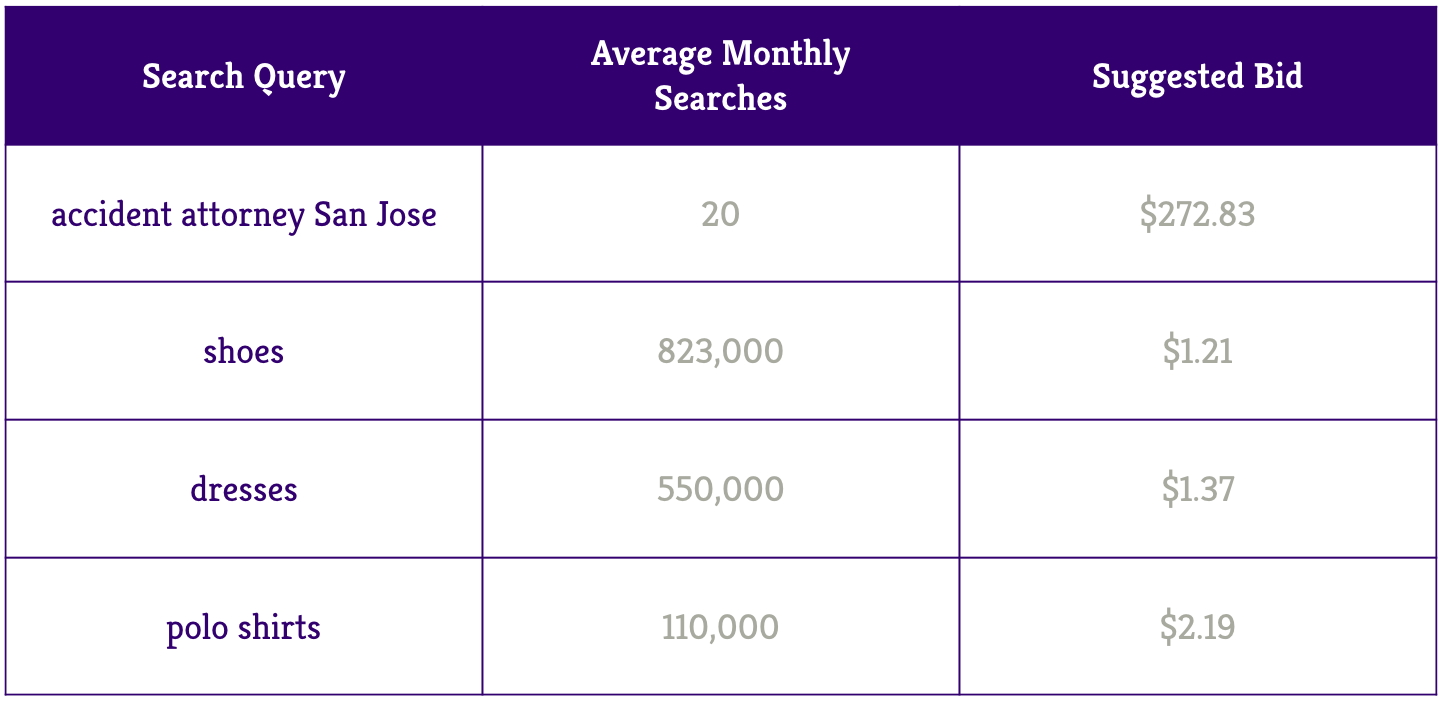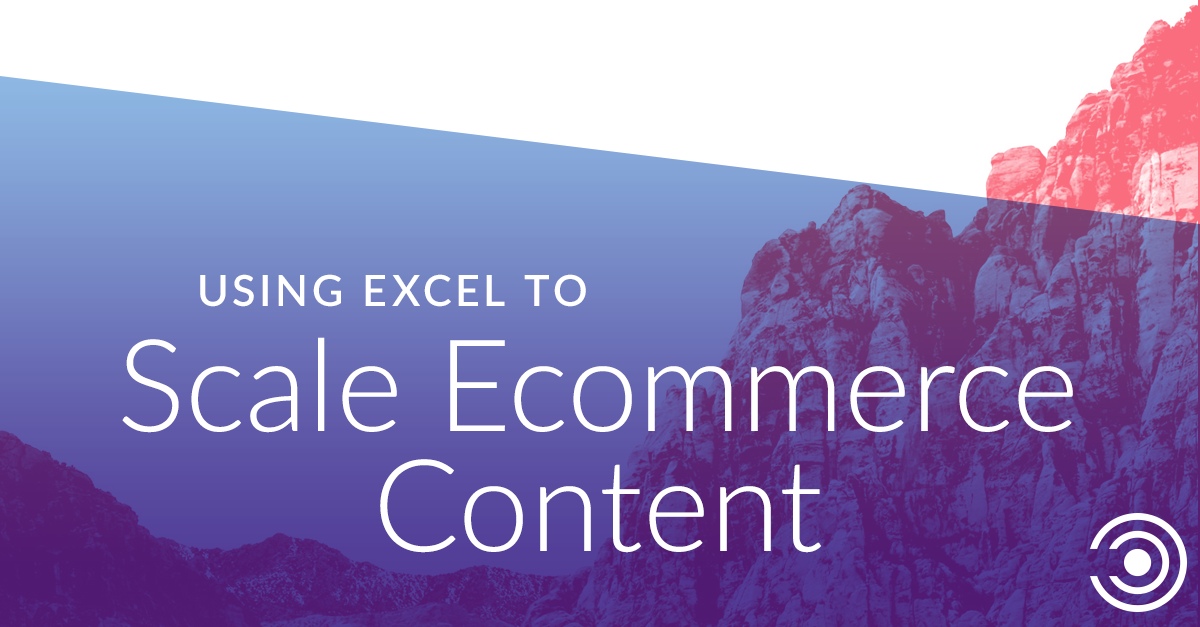3 Big Drivers of PPC Marketing Cost & How to Plan for Them Effectively
While competitive, PPC can be a profitable channel. Here’s what influences click costs, and how to plan a profitable strategy accordingly.
With the advent and growing popularity of attribution modeling, Pay Per Click (PPC) advertising can be used by anyone doing business online, as long as they track it. However, PPC is a complex landscape with barriers to entry that vary significantly across industries.
What is a good cost per click? How much can you pay for a sale? And what’s the cost and value of simply showing up in the market?
Marketers must address these questions when starting a PPC campaign. To help you determine those answers yourself, here are the 3 biggest influencers to click costs—and how to work the numbers to plan a profitable PPC strategy.
Specialization & Localization Drive Higher CPCs
As a rule of thumb, the more expensive and specialized a service or product, the higher the Cost Per Click (CPC) will be. That cost rises even more when you add a specific location into the mix (e.g., "San Jose Accident Attorney").
Consider the following:
According to HubSpot, 78% of the most expensive queries are related to legal services. Virtually all of the highest CPC keywords are on business services, and 58% contain a geo modifier.
The above study underscores how highly specialized and potentially lucrative business services produce the highest CPC rates. This, of course, can be a good investment—a single click, even if it costs $200, could bring in thousands (or tens of thousands) in billings and revenue.
Lower CPCs Don’t Necessarily Mean More Profit or Sales
On the flip side, like in a highly saturated retail environment, the issues are very different. While CPCs are lower, competition is incredibly high.
Using Google’s Keyword Planner, one can see the difference immediately:

In a specialized market, for something as specific as a type of lawyer in a specific location, there will not be many searches. But the searches that do happen are extremely valuable, and likely made with direct intent to purchase. Therefore, each click can cost hundreds of dollars.
In a saturated market, you can get a few hundred clicks for the same spend on a term like “shoes,” though it’s quite possible none of those clicks will yield a sale. Even a more specific query, like "polo shirts," still has over 100,000 searches a month and could cost you without resulting in sales.
Bottom of Funnel Terms Produce Higher CPCs
Another trend you can see from this simple data set is that the more specific you get, the more expensive the bid. In other words, the further down the purchasing funnel (i.e., the closer the query is to something a searcher might actually buy) the more expensive the CPC.
This is crucial data for marketers to know when developing their model for PPC spending. How much is worth investing in the research phase (someone searching “shoes”) vs the purchasing phase (someone searching for “size 11 Air Jordans”)?
Build Your PPC Budget on Profitability, Not Costs
To work the math for your PPC strategy, ask this question: how much can I spend while still making a profit?
It sounds obvious, but it’s a question that many marketers don’t have the answer to. Once you establish your acceptable margins, you can begin to calculate how much you can afford to spend on PPC while staying profitable.
The best way is to start with a specific return on investment in mind, based on what you are selling. For example, an apparel company might know that it only needs a $2.5 ROI to be profitable, whereas an electronics retailer may need to earn $5 per dollar spent due to their lower margins.
Margins can also fluctuate based on product line (e.g., shoes may have a higher markup than shirts), so the ROI would be different for the different product lines.
Charting the Waters of PPC Profitability
While it is ideal to look at revenue in a holistic way – i.e., combined with all of your online marketing efforts – you can, and should, calculate whether your PPC strategy by itself is profitable.
Ultimately, building a successful PPC campaign relies on knowing what you should expect to pay for a click, knowing how much you can pay for a sale, and knowing when you need a change in strategy. Address these three big questions prior to launching pay per click marketing, and you will see far better results.


